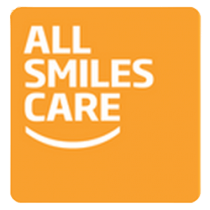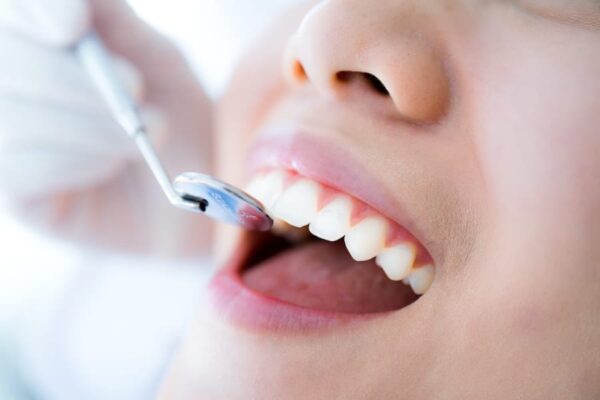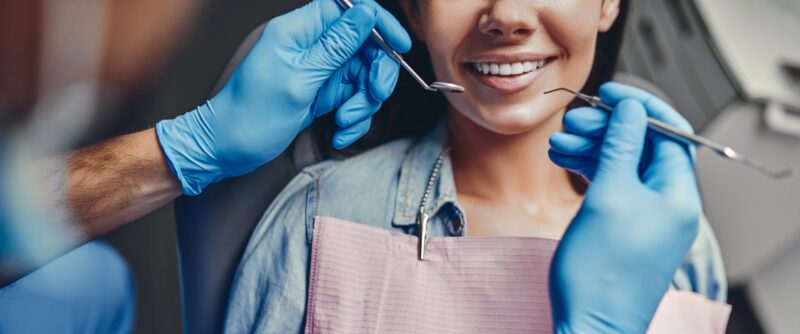Electric Toothbrush vs. Manual Toothbrush
One of the best ways to keep your teeth and gums healthy throughout your life is to brush and floss them regularly. Brushing your teeth is a great way to get rid of the surface-level grime that’s on your teeth and disrupt bacterial growth that happens in the mouth.
But, while every dentist agrees that you should brush your teeth twice a day, not every dentist agrees on the method in which you should brush. Historically, people have used manual toothbrushes, but since the advent of electric toothbrushes, there’s been an ongoing debate on which one is better for your overall dental health. What’s our verdict? Keep reading to find out!
Benefits of an Electric Toothbrush:
Electric toothbrushes have created a huge convenience for a lot of people, but what are some of their other benefits?
One of their biggest benefits is that electric toothbrushes are easier to handle than manual toothbrushes, making them more accessible to people with limited mobility. They automatically do most of the work that a manual toothbrush does, so there’s no need to perform the traditional back-and-forth motion.
Along those same lines, many electric toothbrushes include a built-in timer that alerts you every 20-30 seconds. This forces you to pay more attention to the amount of time your spending in a specific spot. You’re supposed to brush your teeth for a full 2 minutes, and these toothbrushes will help keep you accountable.
One knock against electric toothbrushes, however, is that they may not be the best option if you travel internationally often because you would be required to bring an adapter with you at all times. Additionally, some people do not like the vibration that electric toothbrushes give off, which can deter them from using that product.
Benefits of a Manual Toothbrush:
Manual toothbrushes have been used for generations, but does that mean they are the better option? Let’s look at their benefits.
Manual toothbrushes are far more accessible than electric toothbrushes. If you go to any convenience store, chances are that you will find at least one manual toothbrush option, but in many cases, you’ll find several options. While you can find electric toothbrushes in some grocery stores, there are generally only a few options to choose from.
Along those same lines, manual toothbrushes are exponentially cheaper than electric toothbrushes, costing between $1.00 and $5.00 each. You can even get them in a two-pack for around that same price. Electric toothbrushes can easily cost $20.00, and that’s just for a low-end option and that cost doesn’t include replacement brush heads.
The biggest con against manual toothbrushes, however, is that people are more likely to brush too hard if they use one for their daily oral care. Electric toothbrushes have sensors that detect if you are brushing too hard and will physically shut off in some cases.
Electric Toothbrush vs. Manual Toothbrush: Which One Wins?
The bottom line is that both electric and manual toothbrushes are great for protecting your teeth from harmful plaque. Simply practice good brushing habits, use fluoride toothpaste, and replace your brush every 3-4 months to ensure your mouth stays healthy. We will say, however, electric toothbrushes take the guesswork out of brushing and make it easier to brush for the right amount of time. This will, in turn, ensure more plaque is removed from your teeth.
Ultimately, however, you need to do what’s right for your teeth and budget. If you have any questions about which brush you should purchase, consult your dentist. If you’re in need of a primary care dentist, don’t hesitate to get in touch with the All Smiles Care Team!




